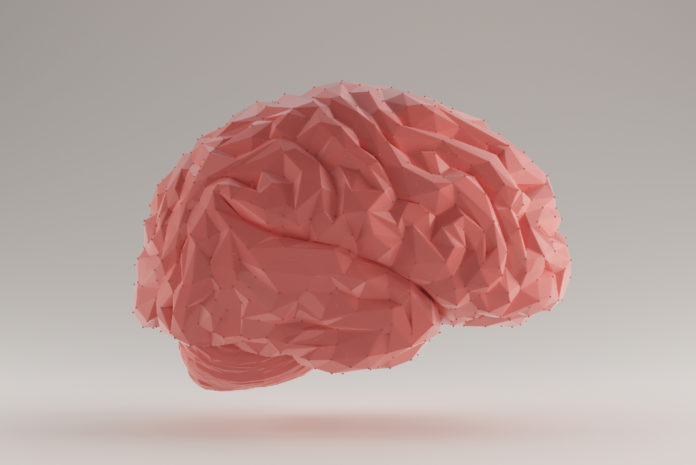Scientists can predict language recovery in Hispanic patients with aphasia
Aphasia is a neurological disorder that affects over a million people in the United States mostly due to brain damaging side effects from a stroke. It causes a person to be unable to comprehend language because it impairs the portion of the brain responsible for language processing.
A group of researchers at Boston University are working to learn more about how the brain processes language and speech, as well as how to effectively rehabilitate people who have lost the ability to communicate due to strokes, trauma, or any kind of brain damage or injury. The director of BU’s Aphasia Research Lab, Swathi Kiran, and her colleagues have looked into how the brain changes through the benefits of speech therapy.
As of late, Kiran’s team has created new approaches for predicting a person’s ability to improve before they begin therapy. A report from Scientific Reports states that they have collaborated with other scientists from The University of Texas at Austin. By using advanced computer models of brains from bilingual Hispanic patients of aphasia who speak both English and Spanish, the scientists are able to predict language recovery.
According to Kiran, Hispanic stroke survivors in the United States are less likely to be insured when compared to other US racial groups. Since speech therapy usually comes in just one language, Hispanic patients end up having more difficulty receiving speech therapy due to not knowing which language to prioritize.
This brand new technology meets that requirement by simulating the brains of bilingual Hispanic patients who are language handicapped, as well as their brain’s response to therapy in both English and Spanish, using complex neural network models. The simulation can then determine the best language to target during treatment.
The model can then determine the best language to target during aphasia treatment and forecast a measure of language recovery after therapy. The scientists discovered that the brain models predicted treatment effects in the targeted language, implying that these computational tools could help healthcare providers prescribe the optimal rehabilitation strategy. As part of this project, the team is looking into how recovery in one language affects recovery in the other.
“If you’re bilingual you may go back and forth between languages, and what we’re trying to do [in our lab] is use that as a therapy piece,” says Kiran. “We are trying to develop effective therapy programs, but we also try to deal with the patient as a whole. This is why we care deeply about these health disparities and the patient’s overall well-being.”
